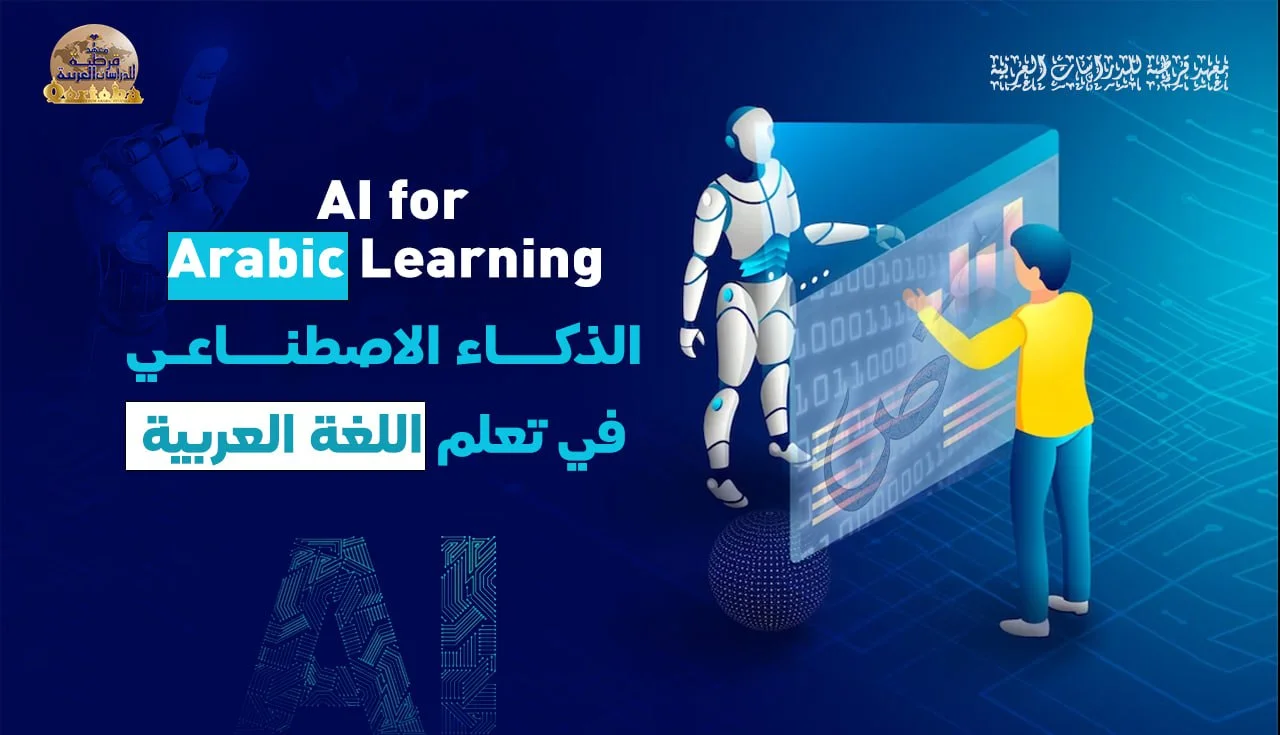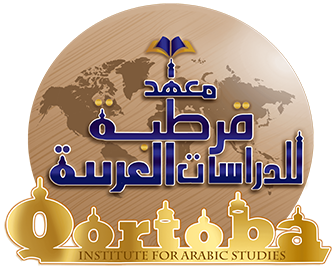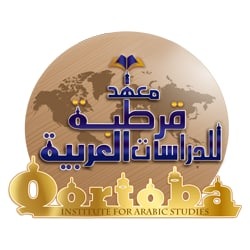
AI for Arabic Learning
The definition of artificial intelligence
The term artificial intelligence (AI) refers to any human-like function displayed by a computer, robot, or other device. The common definition of artificial intelligence refers to the ability of a computer or machines to simulate the capabilities of the human mind, learn from examples and experiences, recognize things, learn language, respond to them, make decisions, solve problems, and combine these capabilities with others. These capabilities are supposed to enable a computer or any automated device to perform functions performed by humans, such as receiving a guest in a hotel or driving a car. In other words, artificial intelligence is a combination of many different technologies that enable machines to understand, act, and learn with human-like intelligence.
AI has found its way into all areas of our daily lives. From driving a car to mopping floors, artificial intelligence has become a scientific reality. So it’s no wonder that artificial intelligence can help us better learn translation.
AI and modern technologies in the field of education
Artificial intelligence is one of the modern technologies used in the field of education, specifically in teaching languages. AI plays an important role in improving the process of language teaching and learning. AI is a powerful assistant to teachers in improving the quality of education and providing personalized learning experiences for students.
Artificial intelligence is used today to speed up language learning by increasing or decreasing learners’ exposure to patterns depending on their information. In this context, language learning is a procedure based on repeating patterns of sentences that show relationships between words and that limit traditional style and grammatical repetition.
One of the main benefits of using AI in language education is its ability to analyze common mistakes students make while learning a new language. AI can identify weaknesses in a student’s performance and provide personalized guidance to help correct these errors. Thus, artificial intelligence provides an individual and personalized learning experience for each student, which helps achieve better results in language learning.
AI is one of the recent innovations that has changed many areas of our lives, and it has had a significant impact on the fields of education and language learning. Among these languages, the Arabic language takes an important place in the world today, and it is considered one of the most complex languages in terms of learning. Here comes the role of artificial intelligence in teaching the Arabic language.
AI offers an effective solution to improving the process of learning the Arabic language thanks to its ability to analyze data and information quickly and effectively. Artificial intelligence can determine the needs and abilities of students and provide educational content that suits their linguistic level. Artificial intelligence can also be used to develop customized educational programs based on improving Arabic speaking, listening, reading, and writing skills.
In addition, AI can provide a personalized learning experience for each student. Thanks to its ability to track students’ progress and analyze their performance, AI can provide immediate guidance and feedback to students to help them improve their language skills. Artificial intelligence can also provide interactive exercises and activities to help students apply vocabulary, grammar, morphology, and other aspects of the Arabic language.
The role of artificial intelligence in teaching Arabic is not limited to individual learning but can also contribute to communication and linguistic interaction. Artificial intelligence can serve as a reference for students to inquire about the meanings of words or correct linguistic errors in real-time, helping them improve their communication and interaction skills in the Arabic language.
AI provides an advanced and innovative learning environment
Artificial intelligence contributes to learning the Arabic language by providing an advanced and innovative learning environment. The AI-powered software analyzes Arabic texts and identifies common errors in grammar, spelling, and grammar. Thanks to its ability to analyze errors instantly and provide quick recommendations and corrections, students benefit from immediate feedback that helps them improve their level of the language.
Moreover, AI personalizes learning according to the needs of each student. It learns about the student’s performance and makes personalized suggestions for the skills he needs to develop. By providing diverse and innovative content, students can make the most of artificial intelligence technology in learning Arabic.
In addition, AI can contribute to the effective review and assessment of students’ Arabic language skills. AI-powered software can analyze students’ performance and provide accurate and comprehensive reports on their progress, strengths, and weaknesses. This enables teachers and Parents can better monitor students’ progress and identify areas that need improvement.
In short, artificial intelligence plays an important role in teaching the Arabic language by improving the educational environment, personalizing learning to the needs of students, and providing effective review and evaluation. The use of technology in teaching Arabic contributes to enhancing the language level and motivating students to continue learning.



